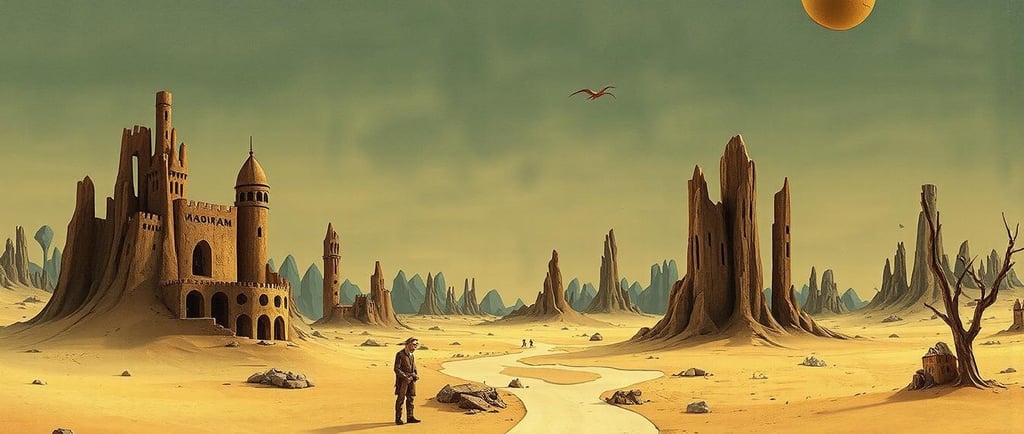“We Are Here for Palestine”: Global Voice of Solidarity
In times of war and silence, music often becomes the language of truth. “We Are Here for Palestine” is one such song — a heartfelt anthem that unites emotion, art, and advocacy into a single voice. Written as a tribute to the resilience of the Palestinian people, the song serves as a global call for justice and empathy. With lyrics that blend poetry and pain, it captures both the sorrow of loss and the unbroken strength of hope.
Rimbiana
10/6/2025


A Portrait of Struggle and Strength
Opening with the lines “In the heart of the dust, where the olive trees weep / A story of courage, a promise to keep,” the song captures the emotional and physical landscape of Palestine. The imagery of olive trees — a universal symbol of peace and endurance — sets the tone for what follows: a narrative of resilience amidst devastation.
Through its verses, the song paints a vivid picture of life under hardship: streets filled with rubble, yet hearts unbroken. The lyric “The spirit of Palestine will not fade away” serves as both observation and affirmation — a reminder that the Palestinian identity continues to endure despite immense challenges.
A Global Call to Conscience
The chorus, “We are here for Gaza, we are here for Palestine,” forms the emotional and thematic core of the song. It’s an inclusive declaration that transcends geography, inviting people around the world to take a moral stand.
By repeating these words, the song transforms individual empathy into collective action. The message is simple yet powerful: the struggle of Palestine is not distant — it is shared by humanity as a whole.
The chorus also redefines the role of the listener. Instead of passive sympathy, it calls for presence — “we are here” — implying awareness, advocacy, and unity.
Everyday Heroes and Human Stories
In its second verse, the song shifts focus from the broader struggle to personal acts of courage. The fisherman, the baker, and the medic — all appear as symbols of dignity and persistence. The lines “The baker who shares his last portion of bread / The medic who races through alleys of fear” highlight the quiet heroism of ordinary Palestinians who continue to live, serve, and love despite unthinkable circumstances.
These verses humanize the conflict. They remind listeners that beyond statistics and reports are people who embody the true meaning of endurance.
Hope as Resistance
The final section of the song delivers a message of unyielding hope. Even in the face of destruction and loss, the lyrics insist on a vision of freedom: “For a home where the laughter of children can ring / For the songs of the free that the future will bring.”
This shift from mourning to aspiration gives the song its lasting power. It’s not just a lament — it’s a declaration of faith in justice, humanity, and the future.
The closing lines — “We are here... until you are free” — reaffirm the song’s purpose as a vow of solidarity. It’s both a promise and a protest, reminding the world that the struggle for Palestine’s freedom is not forgotten.
Music as a Moral Mirror
“We Are Here for Palestine” belongs to a growing movement of artists using music as a form of social testimony. In the same spirit as protest songs of past generations, it bridges art and activism, turning melody into message.
At its core, the song is not about politics, but about humanity — about seeing and standing with those who suffer. Its emotional honesty and moral clarity invite listeners to reflect on their own role in a world where silence can be complicity.
Conclusion
Through its evocative imagery and universal appeal, “We Are Here for Palestine” becomes more than just a song — it becomes a statement of shared humanity. It reminds us that art can still move hearts, awaken conscience, and unite people across borders.
As long as the world continues to hear its refrain — “We are here for Gaza, we are here for Palestine” — the message of justice and hope will continue to echo far beyond the walls of war.
Author’s Note
“We Are Here for Palestine” was written to raise awareness of the ongoing humanitarian crisis in Gaza and to amplify the voices of those who continue to hope, resist, and dream of freedom. Through this song, we stand together — for justice, for peace, and for the children of Palestine.